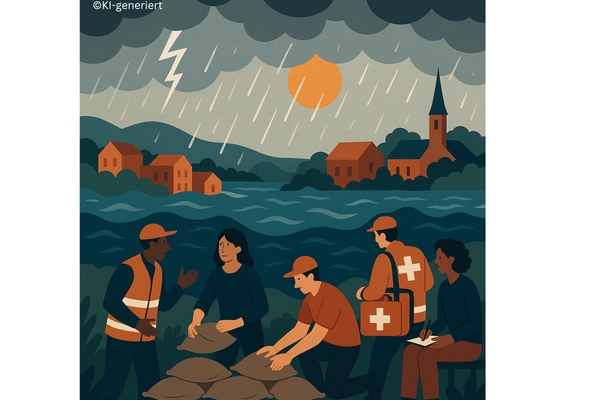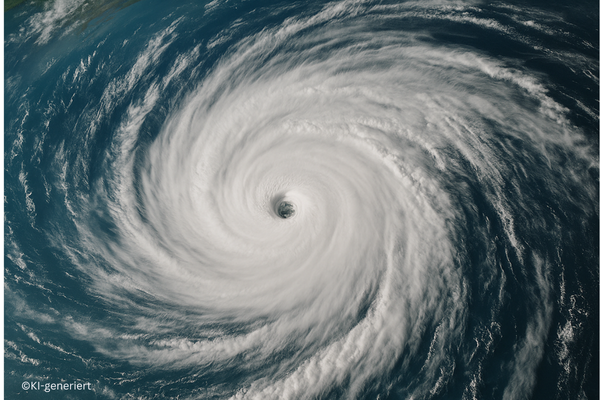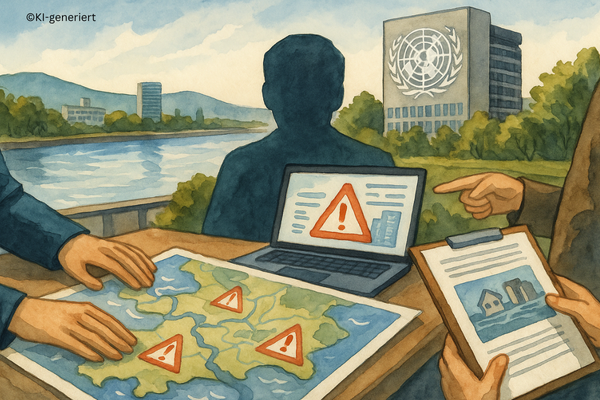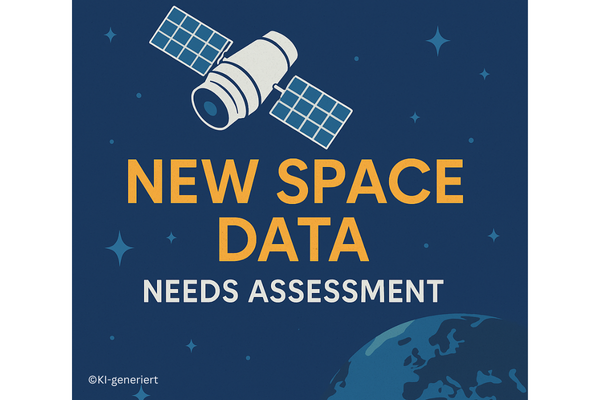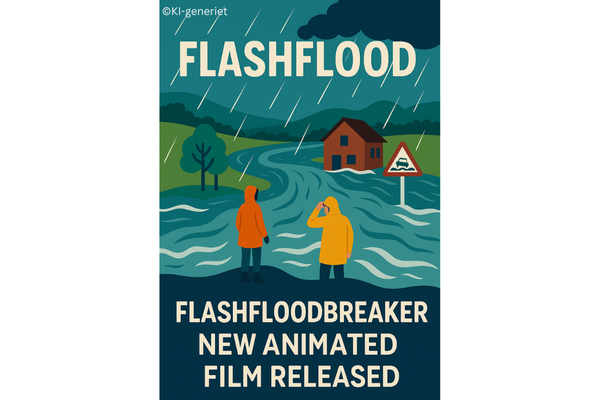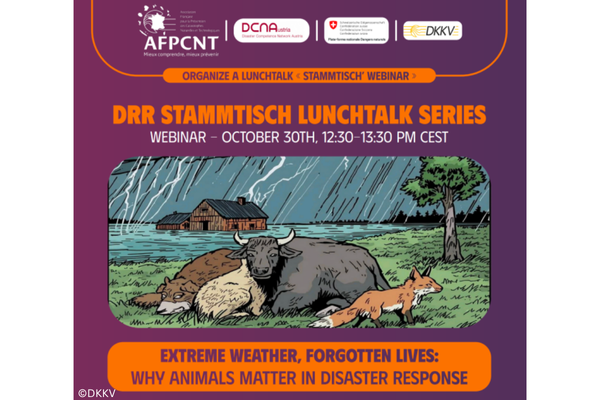Newsblog
Page 6 of 14
Webinar: Localising Resilience – Rethinking Community-Led Disaster Management
Disasters are growing in frequency and complexity, yet too often, affected communities are placed at the end of the decision-making chain. This webinar explores how localisation and co-creation can transform humanitarian action — from something done to communities into something led by them. Date: 13 November 2025Time: 3:00–4:30 PM (UK time)Speaker: Jess van Schalkwyk, Founder, […]
Delegation from National Institute for Disaster Management of the Republic of Korea visited The DKKV
A delegation from the National Institute for Disaster Management (NDMI) of the Republic of Korea visited the DKKV today as part of the Bonn Network. The participants gained insights into the work of the network. Dr. Benni Thiebes (DKKV) and David Jacome-Polit (ICLEI) presented current projects and international collaborations in the field of disaster risk […]
hurricane Melissa in Jamaica
In Jamaica, Hurricane Melissa reached wind speeds of almost 300 kilometers per hour. Melissa is a Category 5 hurricane, the highest category, which moved towards Jamaica. It was to be the strongest hurricane ever recorded over the Caribbean state. The UN Office for the Coordination of Humanitarian Affairs (OCHA) called it a “storm of the […]
delegation from the National Institute for Disaster Management (NDMI) of the Republic of Korea in Bonn this week
From October 27 to 30, 2025, the city of Bonn will welcome a delegation from the National Institute for Disaster Management (NDMI) of the Republic of Korea. The visit is part of the “Making Cities Resilient 2030” (MCR2030) of the UN Office for Disaster Risk Reduction (UNDRR), in which Bonn has been active as a […]
Forest europe Newsletter October 2025
Forests play a central role in times of global uncertainty – as sources of energy, habitats, and protective factors for people and the climate. How Europe’s forest sector can prepare for geopolitical crises will be the focus of the upcoming online dialogue “Forest-based geopolitical emergency preparedness” hosted by FOREST EUROPE on 13 November 2025, from […]
UBA Study Reveals a Gap Between Sustainable Travel Intentions and Behavior
A new study by the German Environment Agency (UBA) and the Research Association for Holidays and Travel (FUR) shows that while the desire for sustainable travel among Germans is growing, actual travel behavior is lagging behind. According to the latest Demand Monitor “Sustainability in Holiday Travel”, 67 percent of respondents consider ecological or social sustainability […]
DLR launches survey on demand for New Space data
The German Space Agency at DLR is inviting scientific institutions in Germany to participate in a survey on the demand for commercial “New Space” satellite data. The aim is to facilitate access to innovative satellite data for research, development, and teaching purposes. As part of this initiative, the agency provides free access to data from […]
FlashFloodBreaker Project released animated film
The FlashFloodBreaker project is pleased to announce the release of a new animated film produced by Just Julie. The film vividly presents the partnership and objectives of the project, illustrating how innovative measures can help protect against flash floods. The animated film is available in three language versions – German, English, and French. You can […]
DRR Stammtisch Lunchtalk Series – 30th October, 12:30 – 13:30 Pm
On October 30th, 2025, from 12:30 to 13:30 (CEST), the next session of the DRR Stammtisch Lunchtalk Series will take place. The webinar is titled Extreme Weather, Forgotten Lives: Why Animals Matter in Disaster Response. Extreme weather events are increasing worldwide – and not only humans are affected. Animals, whether wild, farmed, or domestic, also […]


